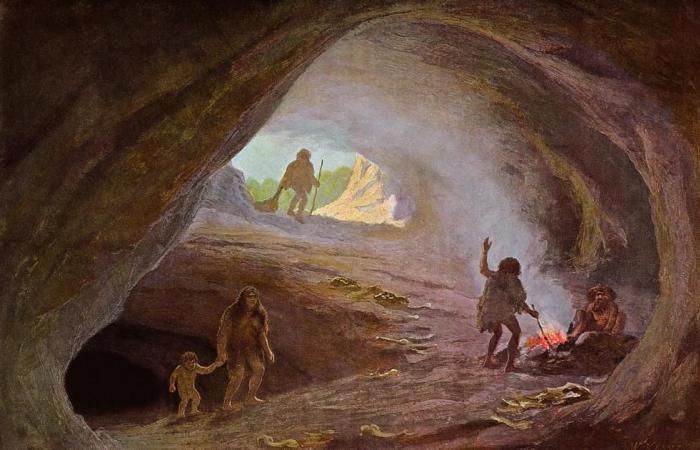Bone analyzes of a young prehistoric child in North America show that its diet consisted largely of mammoths.
It is impossible to say whether mammoth meat was good, but 13,000 years later it left traces in those who ate it. And for good reason, bones store essential information from the diet of our ancestors. By studying the chemical composition of bone collagen taken from the fossil of a child discovered in Montana, a team led by McMaster University (Ontario, Canada) archaeologist James Chatters managed to reconstruct its diet. They reveal to us that the human groups who populated America 13,000 years ago did consume mammoth, and in particular the Columbus mammoth (Science AdvancesDecember 4, 2024).
While it is undeniable that mammoths (from Columbus in America and woolly mammoths in Eurasia and America), occupied an important place in the way of life of the human groups who populated the planet more than 10,000 years ago, scientists remain divided on the part of the…
This article is reserved for subscribers. You have 81% left to discover.
Do you want to read more?
Unlock all items immediately. No commitment.
Already subscribed? Log in






